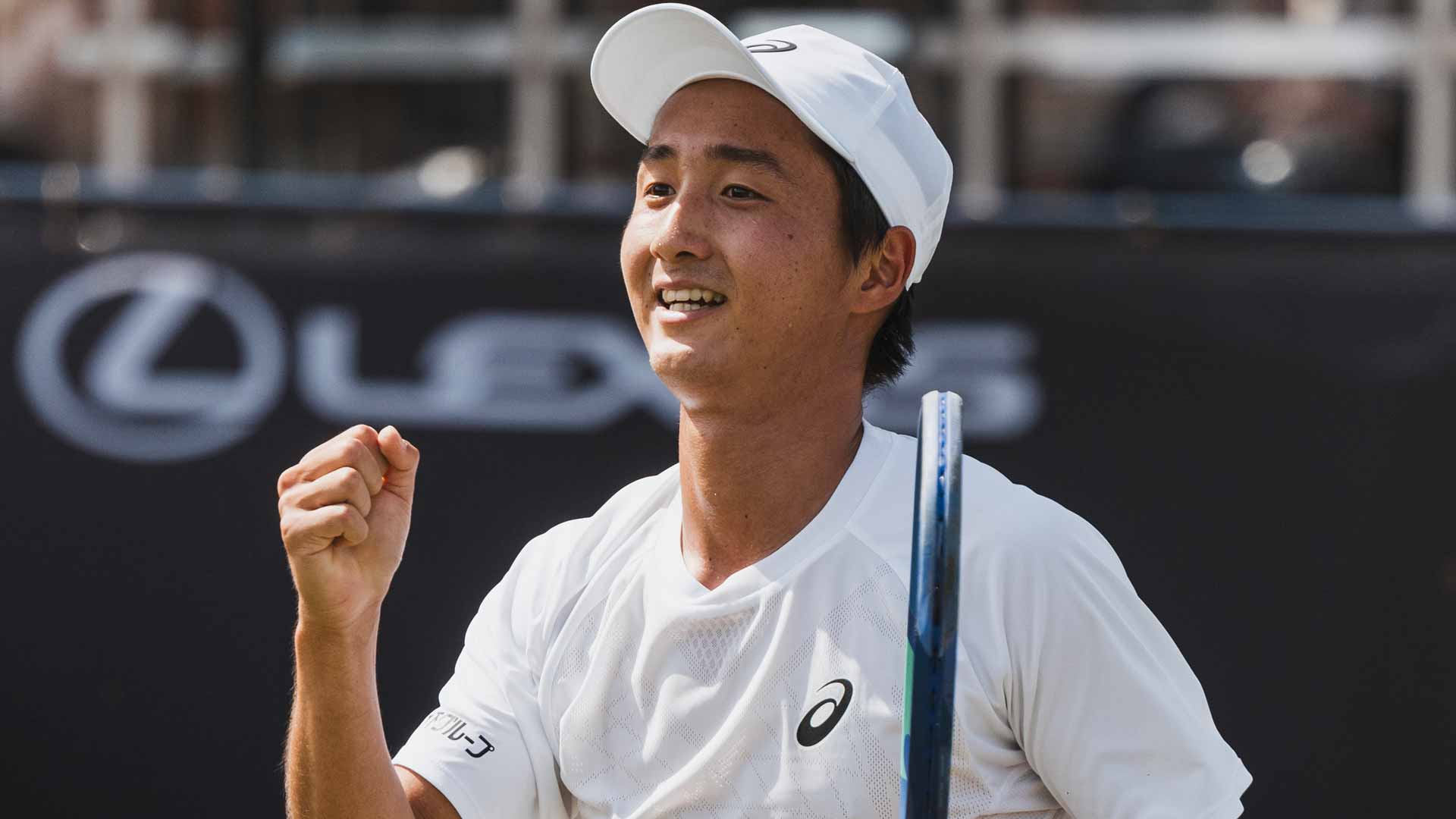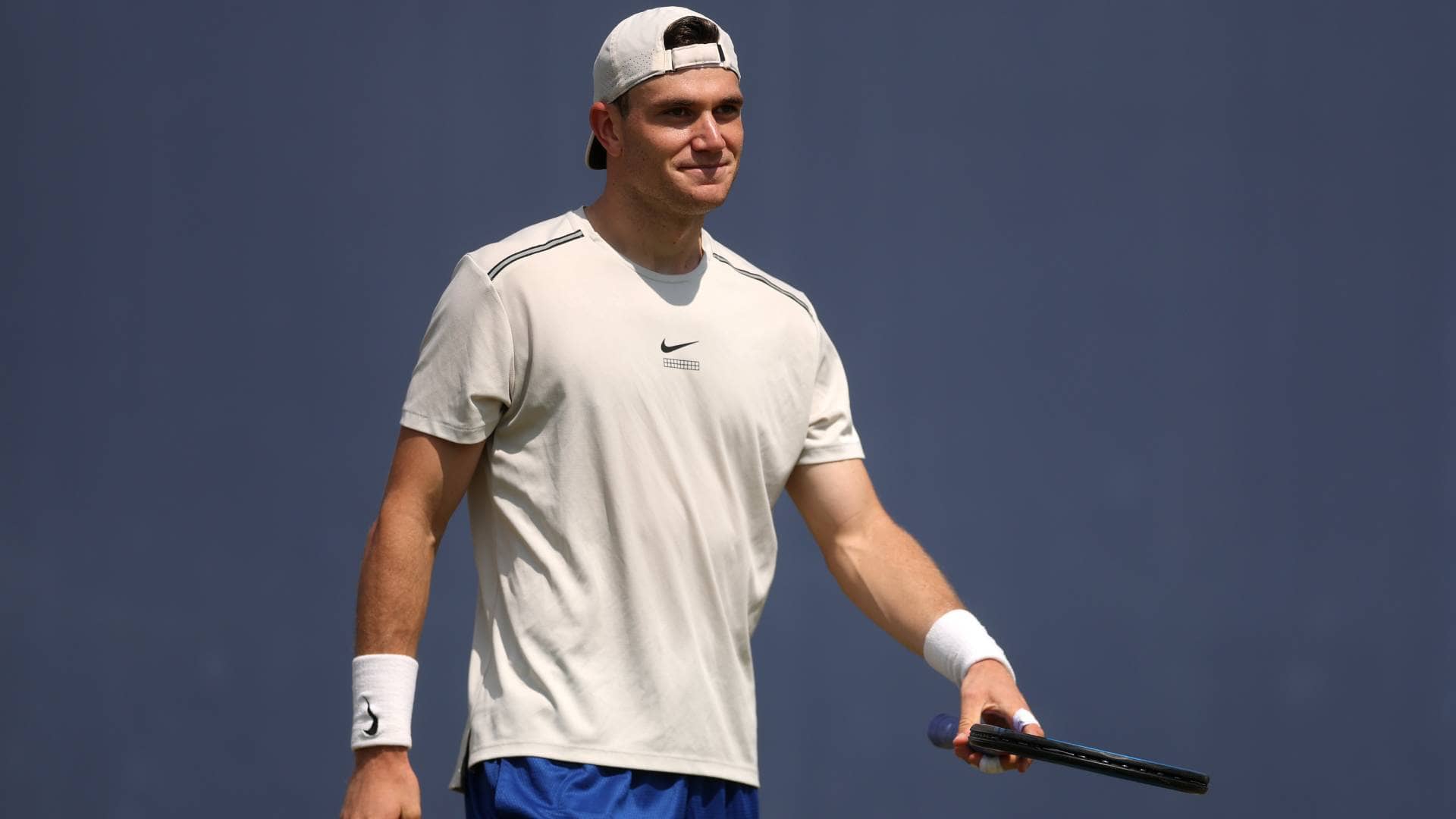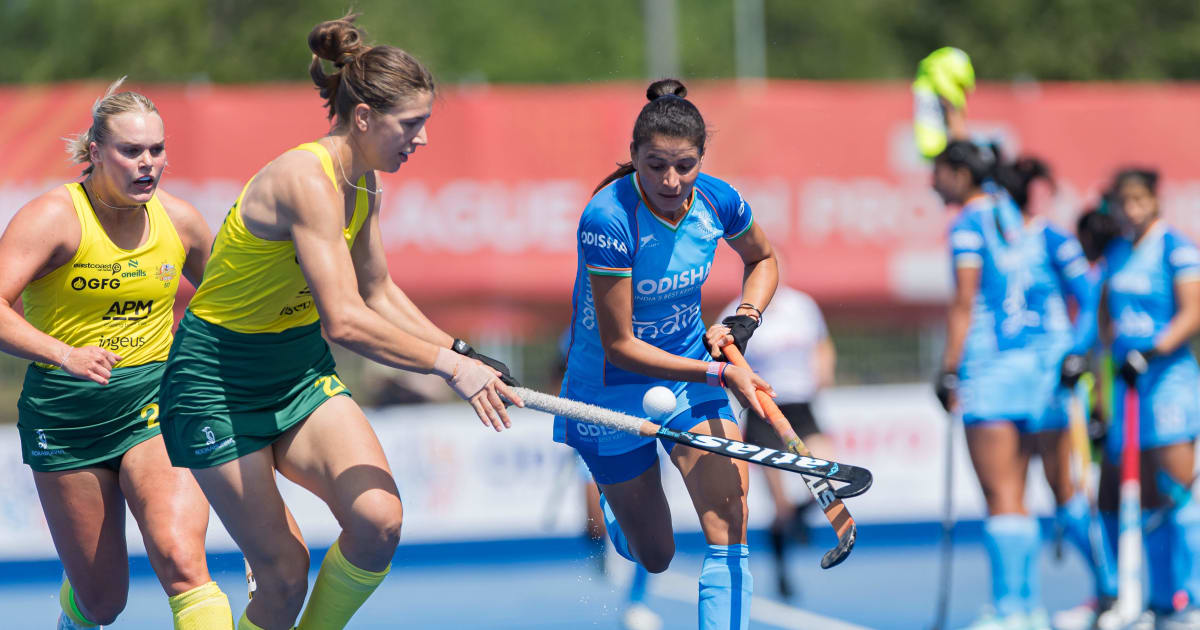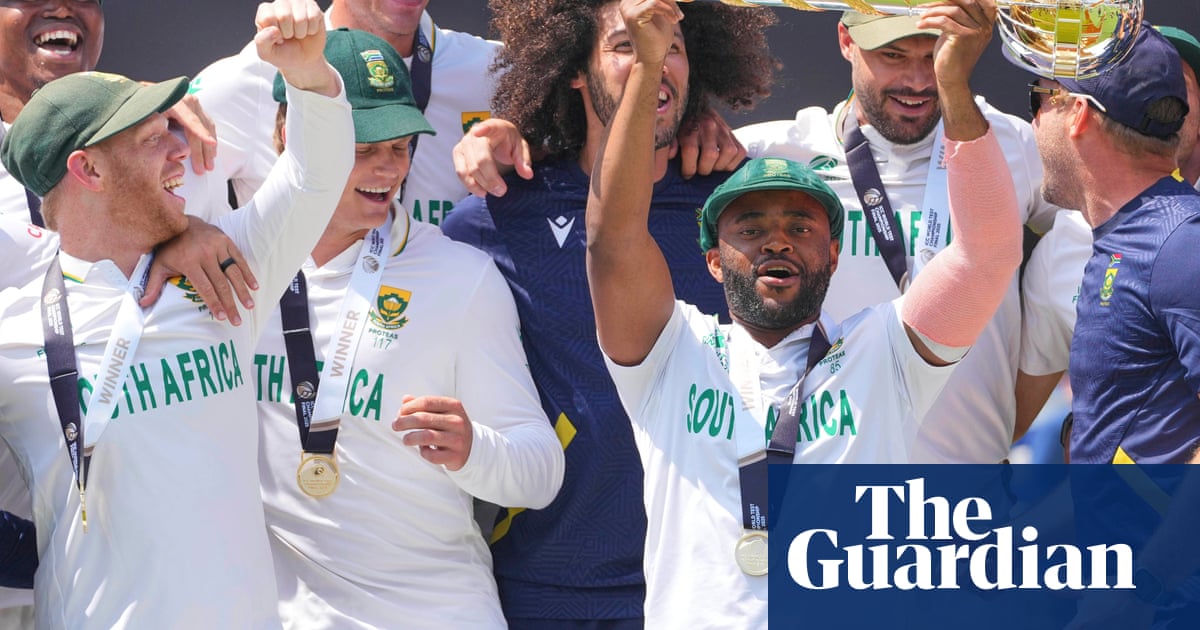Mochizuki, former junior No. 1 & conqueror of Alcaraz, forging Challenger path

ChallengerMochizuki, former junior No. 1 & conqueror of Alcaraz, forging Challenger pathThe 22-year-old reflects on transition to pro level and moreJack Gray Shintaro Mochizuki at the ATP Challenger 125 event in Ilkley, where he is competing on his favourite surface. By Grant ThompsonShintaro Mochizuki was living the teenage dream as a 16-year-old in 2019. The Japanese player ascended to the junior No. 1 ranking shortly after winning the Wimbledon boys’ singles event in July. Second and third in the rankings were Holger Rune and Lorenzo Musetti, respectively, both of whom are now inside the Top 10 of the PIF ATP Rankings.A month later, the Japanese player downed Carlos Alcaraz at the ITF World Junior Tennis Finals.“We were only like 14 when we played,” Mochizuki said of his clash with Alcaraz, speaking with ATPTour.com at the Lexus Ilkley Open, an ATP Challenger 125 event. “He’s a completely different player now, especially physically. He’s so big. He’s so strong. How he plays is similar I think, not a big difference, but obviously he’s much stronger.“I just admire him a lot because I’m sure he worked so much and so hard to be there. You can see his body, he has to work so much to get to that level. He’s a super nice guy, he still says hi to me when I see him. I thought some guys might not say anything to me when they are Top 5, Top 10 in the world and they have so much money and so many results. But he’s such a nice guy and I have so much respect.”While some of his former junior rivals have made rapid climbs to the sport’s biggest stages, Mochizuki is staying patient while working hard on the ATP Challenger Tour, aiming to join his peers on the ATP Tour.The 22-year-old has just begun his grass-court season, his favourite surface on which he became the first Japanese male player in history to win a major boys’ singles title.Remarkably, Mochizuki had never played a match on grass until two weeks before that unforgettable triumph at the All England Club. His ability to take the ball early, hit flat groundstrokes and finish points at net helped him adapt fast. Mochizuki won a junior event in Nottingham in the leadup to his Wimbledon trophy run, but his breakthrough came with an initial learning curve.“In practice, I was so bad. Everybody was telling me, ‘You’re going to be good on grass’. But I didn’t know the feeling. I played practice sets and I remember I lost 6-0, 2-0. I had no idea how to play on the surface. I spoke a lot with my coach and adjusted very well.”A two-time Challenger champion, Mochizuki spent five years training at IMG Academy in Florida, from ages 13 to 18. Mochizuki was backed by the Masaki Morita Fund, which is named after a former Sony executive who has long been dedicated to supporting Japanese talent. The fund has helped players like Kei Nishikori, Yoshihito Nishioka, Mochizuki and current #NextGenATP 18-year-old Rei Sakamoto develop their games abroad.For Mochizuki, it was a bold move. It took him more than 10,000 kilometres away from home and there was also a significant language barrier. When Mochizuki first set foot in the United States, he did not speak any English.“I remember some guys asking me, ‘How old are you?’ I didn’t know anything, I didn’t understand,” Mochizuki said. “Some Japanese guys helped me to tell them my age. It took a lot of time. There were some Japanese guys at IMG, so I was speaking a lot of Japanese. I had my Japanese coach with me in Florida. It took about three years to get used to the language.”Mochizuki has since returned to his roots, now based in Japan, where his earliest tennis memory dates back to holding a racquet as a one-year-old. Mochizuki cracked a laugh when recalling his eight-year-old self, eager to play points but dreading basket drills.Still, those countless hours of practice, drills included, have paid off. Mochizuki is living out his childhood dream and continuing his quest to be the best player he can be.“To keep improving all the time and every day, I think that’s the most important thing in my career,” Mochizuki said. “I’m still young, learning so many things.”










